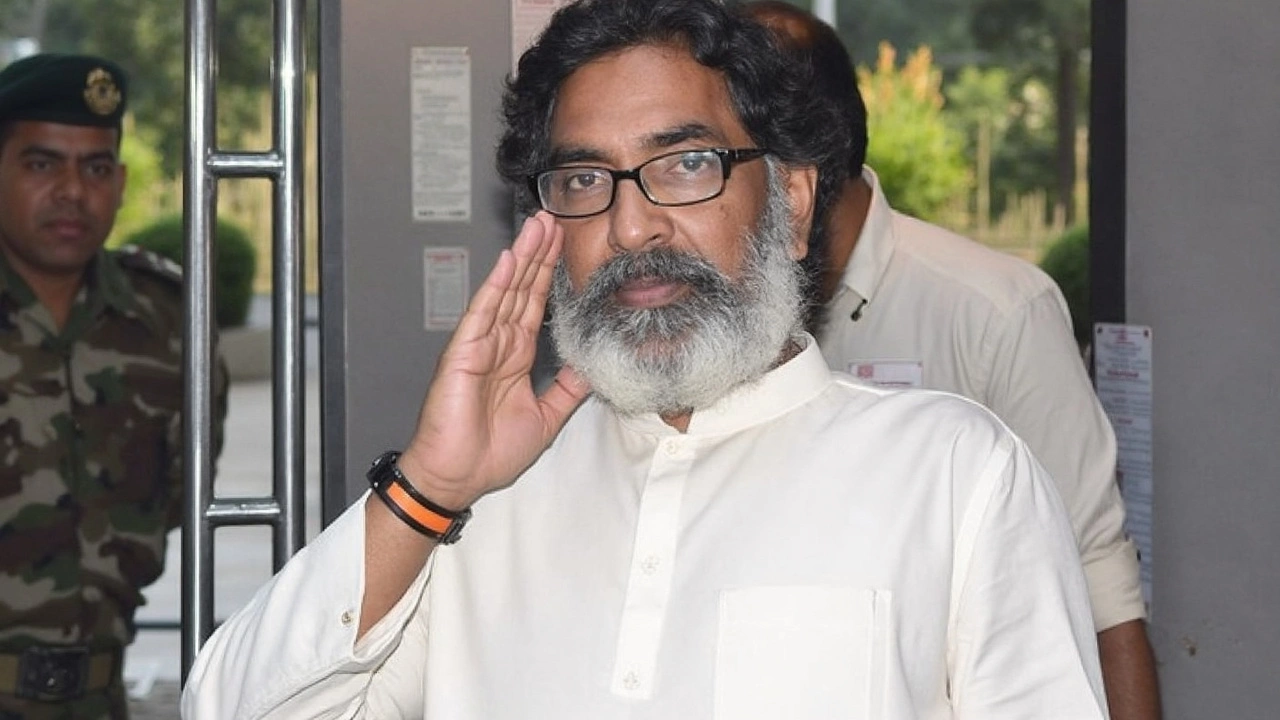Economy – Latest Updates and What They Mean for You
Want to know how the latest economic moves affect your pocket? You’re in the right place. We break down big headlines into bite‑size pieces so you can decide what matters for your business, your home, or just plain curiosity.
Tariff Rulings and Their Impact
A federal appeals court just said that the sweeping tariffs imposed under the former administration break the International Emergency Economic Powers Act (IEEPA). In plain English, the court thinks the tariffs were over‑reaching, but they stay in place until October 2025 while the government decides whether to appeal.
The Justice Department warns that if the tariffs get tossed out, the government could owe billions in refunds. Small businesses are already feeling the pinch – they say the duties added $1,200 to $2,800 to household costs this year. If you shop for imported goods or run a supply chain that relies on overseas parts, keep an eye on any Supreme Court updates. A reversal could lower prices, but it could also shake up contracts that were built around the current rates.
Tax Reforms and State Financing
India is gearing up for a GST 2.0 overhaul that could reshape home‑building costs. The proposal puts the tax into two slabs – 5 % for essential inputs like cement and paint, and 18 % for everything else. By Diwali 2025, developers expect a 5‑10 % reduction in project costs, which might translate into lower home prices for first‑time buyers.
Lower taxes mean smoother cash flow for builders, and that could spark more activity in the real‑estate market. If you’re thinking about buying a house, the timing could be better than you expect. Keep an ear out for the GST Council’s final word – a green light could mean a noticeable price dip during the festive season.
Across the country, Jharkhand’s government is dealing with its own cash crunch. Delayed central funds forced the state to ask the RBI for a ₹1,500 crore loan. Health Minister Irfan Ansari called out the centre for holding back money, saying the loan is a stop‑gap under the Fiscal Responsibility and Budget Management rules.
If the loan goes through, Jharkhand can keep essential services running while it presses the centre for its share. For locals, the move might not change daily life instantly, but it signals how state finances can ripple out to health, education, and infrastructure projects. Watching how the central government responds can give clues about future funding patterns for other states.
All three stories share a single thread: government decisions are moving fast, and they affect everything from the price of a laptop to the cost of a new home. The best way to stay ahead is to follow reliable sources, ask questions, and see how each headline lines up with your personal or business plans.
So, whether you’re a small retailer watching tariff refunds, a homebuyer eyeing GST‑driven price drops, or a citizen curious about state loans, these economic shifts matter. Keep checking back for fresh analysis, plain‑spoken explanations, and the next steps you can take.

- Aug, 31 2025
- Comments 0
Tariffs ruled illegal: Appeals court rebukes Trump as Treasury warns of massive refunds

- Aug, 25 2025
- Comments 0
GST 2.0: Two-Slab Tax Plan Could Cut Home Prices by Diwali 2025

- Mar, 22 2025
- Comments 0